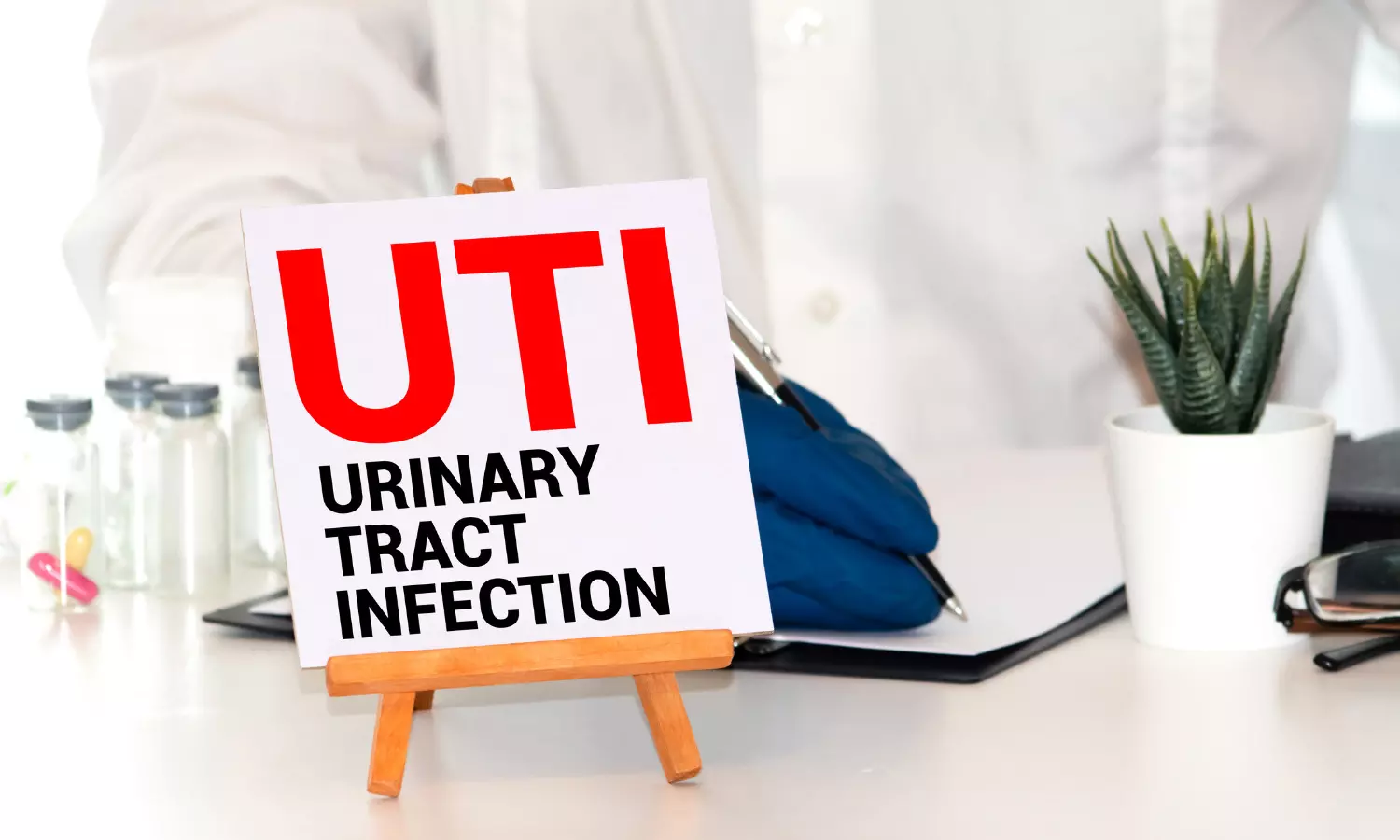- Home
- Medical news & Guidelines
- Anesthesiology
- Cardiology and CTVS
- Critical Care
- Dentistry
- Dermatology
- Diabetes and Endocrinology
- ENT
- Gastroenterology
- Medicine
- Nephrology
- Neurology
- Obstretics-Gynaecology
- Oncology
- Ophthalmology
- Orthopaedics
- Pediatrics-Neonatology
- Psychiatry
- Pulmonology
- Radiology
- Surgery
- Urology
- Laboratory Medicine
- Diet
- Nursing
- Paramedical
- Physiotherapy
- Health news
- AYUSH
- State News
- Andaman and Nicobar Islands
- Andhra Pradesh
- Arunachal Pradesh
- Assam
- Bihar
- Chandigarh
- Chattisgarh
- Dadra and Nagar Haveli
- Daman and Diu
- Delhi
- Goa
- Gujarat
- Haryana
- Himachal Pradesh
- Jammu & Kashmir
- Jharkhand
- Karnataka
- Kerala
- Ladakh
- Lakshadweep
- Madhya Pradesh
- Maharashtra
- Manipur
- Meghalaya
- Mizoram
- Nagaland
- Odisha
- Puducherry
- Punjab
- Rajasthan
- Sikkim
- Tamil Nadu
- Telangana
- Tripura
- Uttar Pradesh
- Uttrakhand
- West Bengal
- Medical Education
- Industry
Mannose supplementation reduces ageing-induced changes in urinary tract that increase susceptibility to UTIs: Study

USA: A recent study revealed that mannose supplementation can reduce the severity of aging-associated decline in urinary tract functionality, suggesting that this common, over-the-counter supplement could improve the age-associated dysfunction and help reduce urinary tract infections (UTIs)."Mannose supplementation could counter age-associated urothelial dysfunction in addition to...
USA: A recent study revealed that mannose supplementation can reduce the severity of aging-associated decline in urinary tract functionality, suggesting that this common, over-the-counter supplement could improve the age-associated dysfunction and help reduce urinary tract infections (UTIs).
"Mannose supplementation could counter age-associated urothelial dysfunction in addition to limiting recurring UTIs," the resarchers wrote in their study published in Developmental Cell.
Aging poses a number of challenges to the body’s well-being, one of the most important being an increased susceptibility to multiple diseases, including UTIs. The connection between aging and more prevalent UTIs is not well understood, but now researchers at Baylor College of Medicine have found an explanation.
The researchers show that compared to the younger counterpart, the aging urinary tract in animal models changes how it functions at the cellular level in ways that seem to favor the establishment and recurrence of UTIs. Furthermore, the researchers also found that the sugar D-mannose reduces the severity of aging-associated decline in urinary tract functionality, suggesting that this common, over-the-counter supplement could improve this age-associated dysfunction and help reduce UTIs.
“We began this study by comparing the functions of naturally aging cells in mouse bladders with those of younger animals, in the absence of a bacterial infection. Specifically, we studied urothelial cells, the cells that line the inside of the bladder where urine is stored,” said corresponding author Dr. Indira Mysorekar, professor of medicine – infectious diseases and E.L. Wagner, M.D., Chair of Internal Medicine at Baylor.
The researchers investigated a process called autophagy that all cells naturally use to clean up old or defective cellular materials by digesting and recycling them in structures called lysosomes. “We found that the recycling process naturally slows down as urothelial cells age,” said Mysorekar, a professor in the Huffington Center on Aging. “Older cells accumulate larger lysosomes that are less effective at degrading cellular materials, which leads to their toxic accumulation inside the cell.”
Aged urothelial cells also accumulate more damaging reactive oxygen species (ROS) than younger tissues. “ROS are molecules that can harm tissues, and the redox response that normally neutralizes ROS in younger cells is dampened in aging urothelial cells,” said co-first author Dr. Arnold M. Salazar, senior staff scientist in the Mysorekar lab. “Consequently, an inflammatory process builds up, leading to cell death. Dead urothelial cells leave their location, exfoliating the bladder and disrupting its integrity, which further exacerbates age-related dysfunction.”
Importantly, they also discovered that treating aged mice with D-Mannose, a natural sugar, restores autophagy and mitigates ROS and urothelial cell shedding, suggesting that mannose supplementation could counter age-associated human urothelial dysfunction.
Mysorekar, Salazar and their colleagues then compared bacterial UTIs in older animals versus younger animals. “We found that aged mice have more bacterial reservoirs in the urinary tract and are more prone to spontaneous recurrent UTI than younger mice, suggesting that the age-related dysfunction of the tissue could explain the higher recurrence of UTIs observed in older age,” Salazar said.
“Collectively, our results demonstrate that normal aging affects bladder physiology, with aging alone increasing baseline cellular stress and susceptibility to infection,” said Mysorekar, also a professor of molecular virology and microbiology. “We suggest that mannose supplementation could counter age-associated urothelial dysfunction in addition to limiting recurring UTIs.”
Reference:
Chetanchandra S. Joshi, Arnold M. Salazar, Caihong Wang, Marianne M. Ligon, Rayvanth R. Chappidi, Bisiayo E. Fashemi, Paul A. Felder, Amy Mora, Sandra L. Grimm, Cristian Coarfa, Indira U. Mysorekar, D-Mannose reduces cellular senescence and NLRP3/GasderminD/IL-1β-driven pyroptotic uroepithelial cell shedding in the murine bladder, Developmental Cell, 2023, https://doi.org/10.1016/j.devcel.2023.11.017.
Dr Kamal Kant Kohli-MBBS, DTCD- a chest specialist with more than 30 years of practice and a flair for writing clinical articles, Dr Kamal Kant Kohli joined Medical Dialogues as a Chief Editor of Medical News. Besides writing articles, as an editor, he proofreads and verifies all the medical content published on Medical Dialogues including those coming from journals, studies,medical conferences,guidelines etc. Before Joining Medical Dialogues, he has served at important positions in the medical industry in India including as the Hony. Secretary of the Delhi Medical Association as well as the chairman of Anti-Quackery Committee in Delhi and worked with other Medical Councils in India. Email: editorial@medicaldialogues.in. Contact no. 011-43720751



